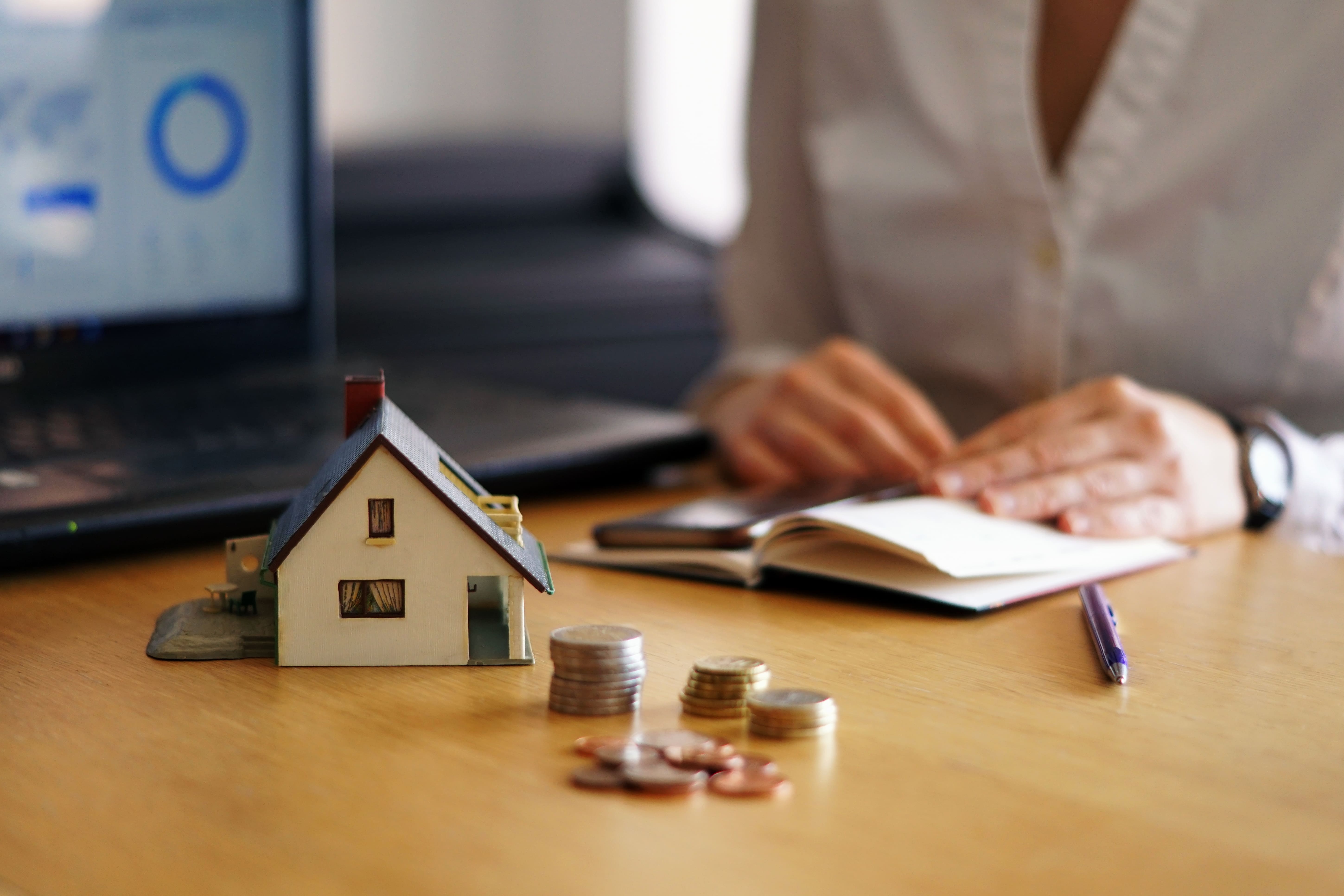The Most Important Tips for Buying Your First Home | A Beginner's Guide to Buying Your First House

Buying a home for the first time is considered one of the most important financial and life decisions you can make. However, this step can be filled with challenges due to rising property prices and the variety of options. If you are planning to buy a house for the first time, following home buying tips will help you make a safe and informed decision.
In this article, you will find a practical guide outlining the most important steps you should follow before buying your first home.
1. Accurately Determine Your Home Buying Budget
The first step is to know your financial limits.
Make sure your monthly mortgage payment does not exceed 30% of your monthly income.
Calculate additional costs such as property insurance, maintenance, and taxes.
Do not commit to an amount beyond your capacity to avoid future financial pressure.
2. Improve Your Credit Score Before Buying a Home
Your credit score is a crucial factor when applying for a mortgage.
Pay all your bills and installments on time.
Reduce your outstanding debt ratio.
Regularly monitor your credit report to ensure it is free of errors.
💡 The higher your credit score, the better your chances of obtaining a loan with a low interest rate.
3. Save for the Down Payment
One of the most important tips for first-time home buyers is good saving.
Try to save between 10% – 20% of the home's value as a down payment.
The larger the down payment, the lower the loan amount and thus the interest.
Set up a separate savings account for this purpose to facilitate the saving process.
4. Carefully Choose the Location of the Home
The location is more important than the design of the property itself because it affects your daily life and the future value of your investment.
Look for areas close to schools, hospitals, and workplaces.
Ensure that transportation and essential services are available.
Monitor the safety rate in the area and its future property value.
5. Compare Multiple Properties and Don't Rush into Buying
Rushing may cause you to pay more or choose an unsuitable home.
Visit several homes and compare prices and overall condition.
Hire a reliable real estate agent to assist you in searching and negotiating.
Request a Home Inspection before signing the contract.
6. Account for Additional Costs After Purchase
One common mistake is for buyers to focus only on the price of the home. There are additional expenses such as:
Registration and transfer fees.
Maintenance costs and emergency repairs.
Furniture and interior fittings.
7. Consider the Future Before Buying a Home
When buying your first home, do not only think about your current situation.
Will the home suit your family if it grows in the coming years?
Is the area likely to grow and increase in property value in the future?
Does the infrastructure in the neighborhood allow for the development of services and comfort in the long term?
Conclusion
Buying your first home is a crucial decision that requires good financial planning and thorough research. If you adhere to the previous tips such as budgeting, improving your credit score, saving for the down payment, and carefully choosing the location, you will be able to own a home that meets your needs and is a successful investment in the long run.